These are the scientists who have already participated in the documentary.
More will come soon!
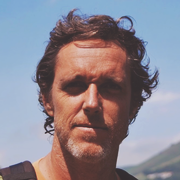
Dept. Geography, University of Zaragoza (Spain). Researching in dendroclimatology, dendroecology and climate datasets.
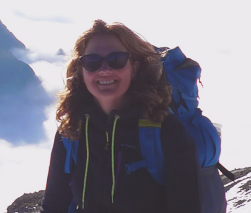
Pyrenean Institute of Ecology - Spanish National Research Council, Zaragoza (Spain) Her research lines include: paleoceanography, limnogeology and speleothems, that are interconnected by a common goal: the reconstruction of paleoclimate during the last glacial cycle using geological archives.

Focus on the reconstruction of the Iberian Peninsula climate variability inferred from tree-ring records and documentary sources. Already made the documentary 'El secreto de los árboles'.
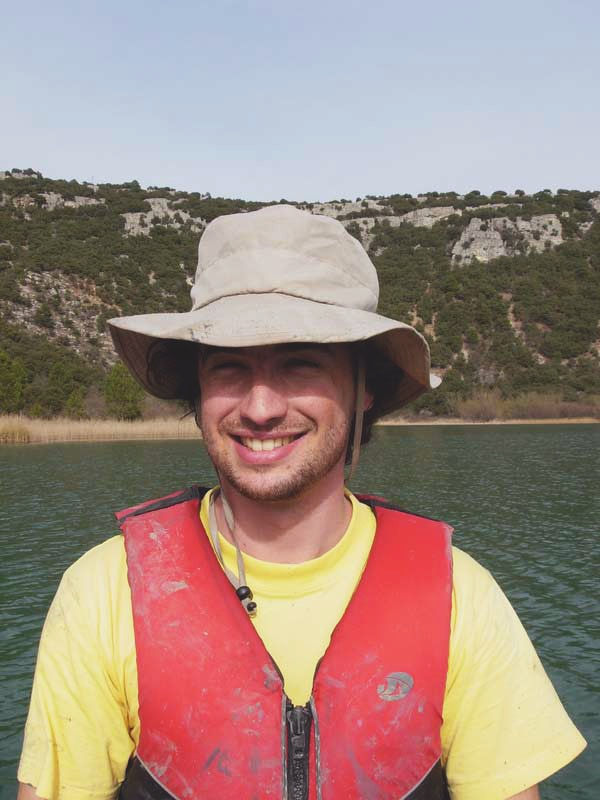
Pyrenean Institute of Ecology - Spanish National Research Council, Zaragoza (Spain). Working on recent past climate change and human impact evolution on lake systems, including geochemistry, paleohydrology of karstic lake systems and associated watersehds and anthropogenic land-use changes during last 2000 years.
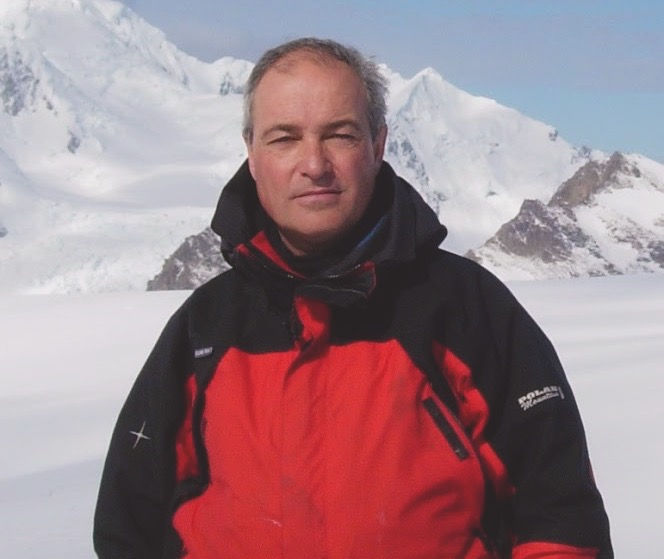
ETSI, Technical University of Madrid (UPM). Focus on the study of the current situation of glaciers, estimating their response to climatic changes in both Antarctica and the Arctic.
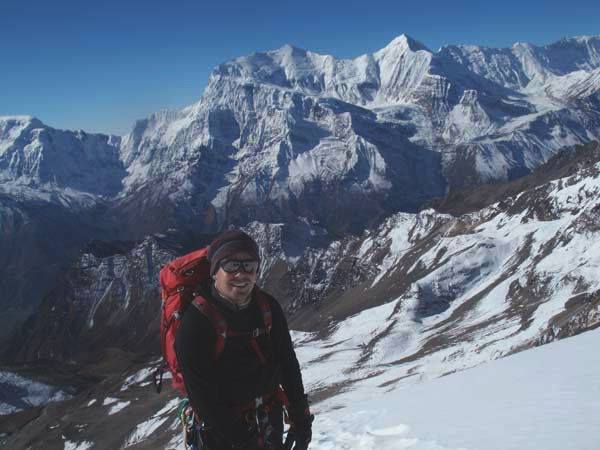
Pyrenean Institute of Ecology - Spanish National Research Council, Zaragoza (Spain). Focus on the hydrological and climatic evolution of mountain areas, including: snow hydrology, water resources management and the recent evolution of the Pyrenean glaciers.

Pyrenean Institute of Ecology - Spanish National Research Council, Zaragoza (Spain). Focus on the comparison of the behaviour and variability of the snowpack over different mountain ranges in the Iberian Peninsula from a climatological point of view, including terrestrial laser scan and snow-science climatology.
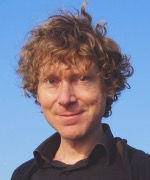
Clive Oppenheimer has wide-ranging interests in magmatic and volcanic processes, the long-range impacts of eruptions, and volcanic hazards. His research integrates field, laboratory, analytical and computational approaches. He has spent 13 field seasons investigating Mount Erebus, Antarctica, and is currently involved in studies of volcanoes in Chad, DPR (North) Korea, Ethiopia, Eritrea, Indonesia, Nicaragua and the USA.
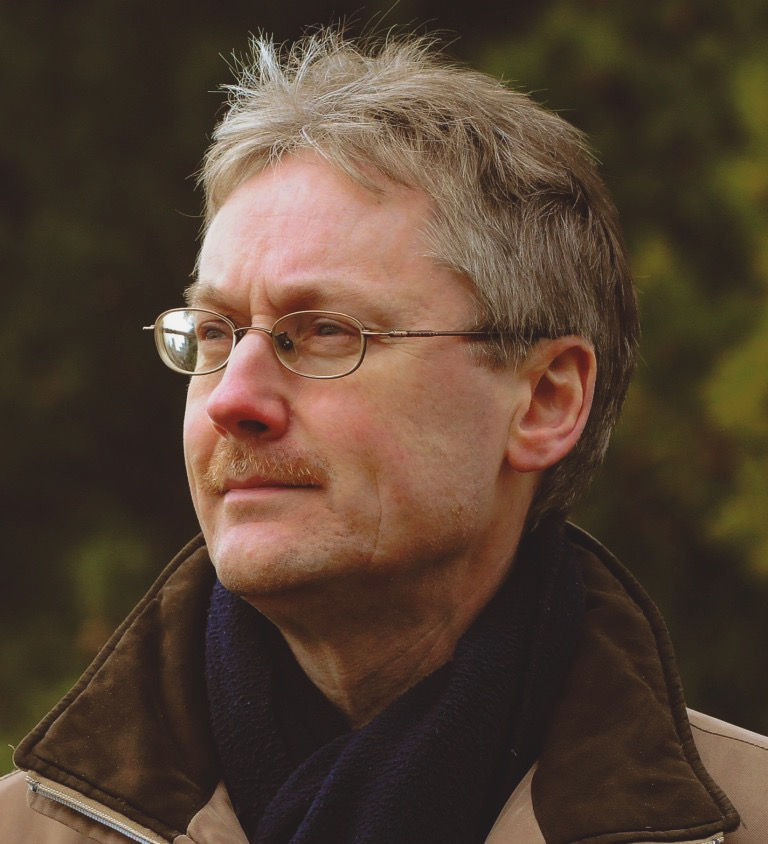
Hulme studies the numerous ways in which the idea of climate-change is constructed and deployed in public, political and scientific discourse, exploring both its historical, cultural and scientific origins and its contemporary meanings. His work has appeared in academic journals in the sciences, social sciences and humanities and has profoundly shaped the way in which the idea of climate-change is being studied, communicated and mobilised, in both the academy and public life.
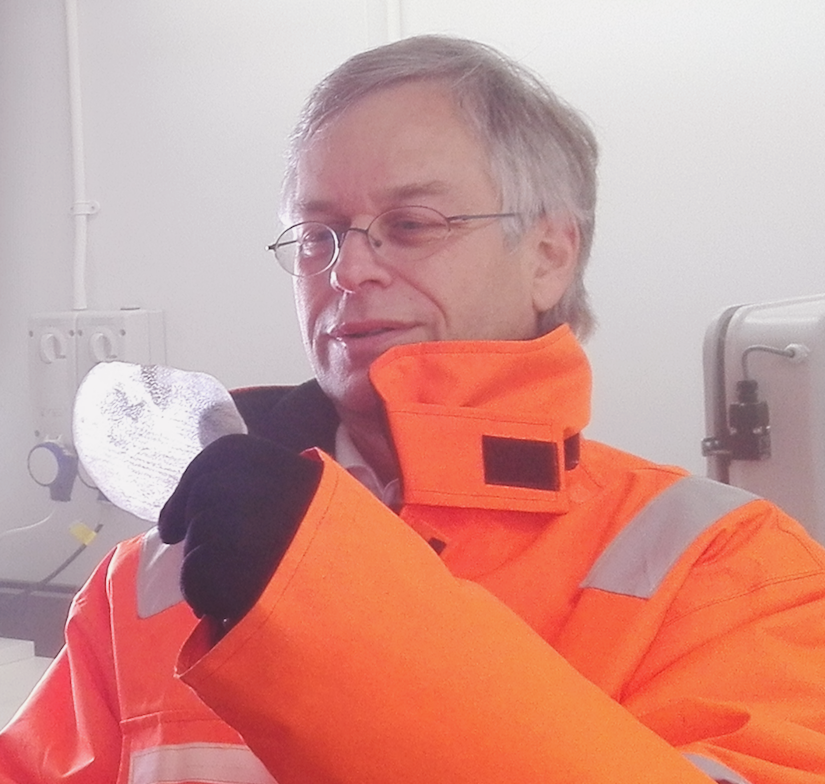
He studies past climate and environment, mainly from polar (Antarctic and Greenland) ice cores. Ice in the polar regions preserves a unique chronological archive of information about the past. This extends so far 800,000 years in Antarctica and 128,000 years in Greenland. In collaboration with the British Antarctic Survey (also in Cambridge) and colleagues overseas, he collects ice cores, analyses them, and draws conclusions about the mechanisms of climate change.

Glaciologist, researching ice sheet dynamics, glaciers interaction with the ocean, and the cryosphere's response to climate change; using glacier geophysics, borehole instrumentation and numerical models.

He conducts fieldwork all over the globe to provide answers to his main research questions: What are the causes and consequences of changes in different, though intertwined environmental systems across space and time, and how can diverse tree-ring parameters and archives be compiled and analysed to provide answers to such and related inter-/cross-disciplinary research questions?
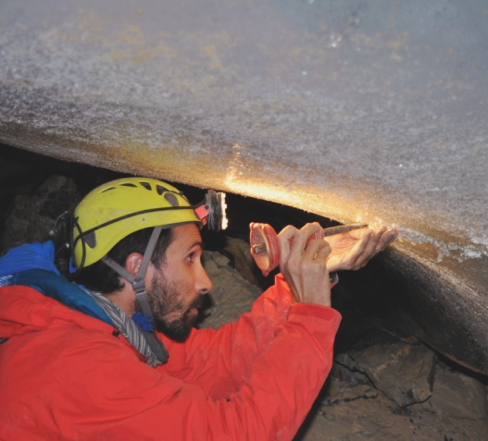
Miguel Bartolomé is a geologist focused on the comparison of ice caves and stalagmites reconstructions in the Pyrenees during the last centuries of climate change and its connection to global warming. He is also very motivated in monitoring cave variables to understand present-day processes to better interpret and quantify paleoclimate indicators (stalagmites and ice cave deposit).

Focus on developing high resolution daily climatic databases.

He works on the reconstruction of past global changes (climate, environmental, human-induced) from lake archives at decadal to millennial scales. His approach is based on sedimentological and geochemical proxies but integrates biological indicators as well. He has been involved in projects in South America (Chile, Argentina, Perú, Lake Titicaca), North America (Great Salt Lake and northern Great Plains), Spain and Easter Island ( among others)
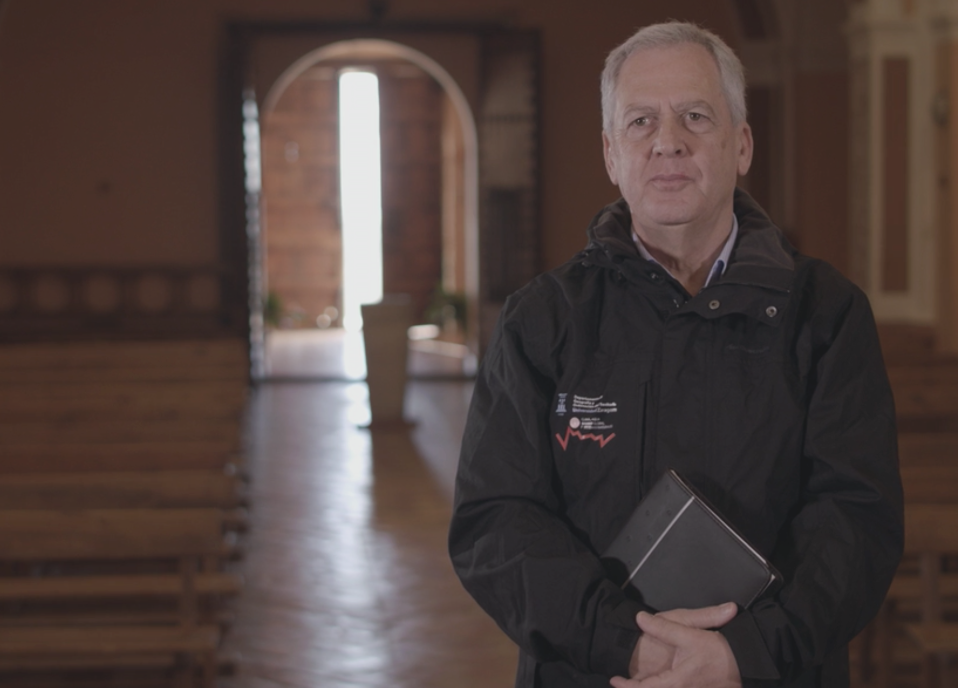
Dept. Geography, University of Zaragoza (Spain).He is focus on the climate variability of the last 500 years in the Iberian Peninsula by combining multiproxy records.
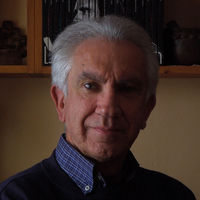
Dept. Geography, University of Zaragoza (Spain). José Luis Peña works on the reconstruction of paleoenvironments through climatic geomorphology. Some of his works, including the discovery of paleosols in Europe and South America, are a reference worldwide.
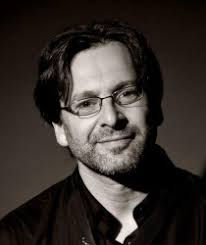
Department of Earth Physics, Astronomy and Astrophysics. (Complutense University of Madrid). He has published several works enhancing the development of paleoclimate models. In addition, he has been a member of the group of experts of the IPCC.

Agencia Estatal de Metorología (AEMET)

Dept. Public Law. University of Zaragoza. Prince Asturias Distinguished Visiting Professor, Georgetown University (USA). She has extensive experience in the study of climatic migrations and massive refugee flows in Africa and Europe.